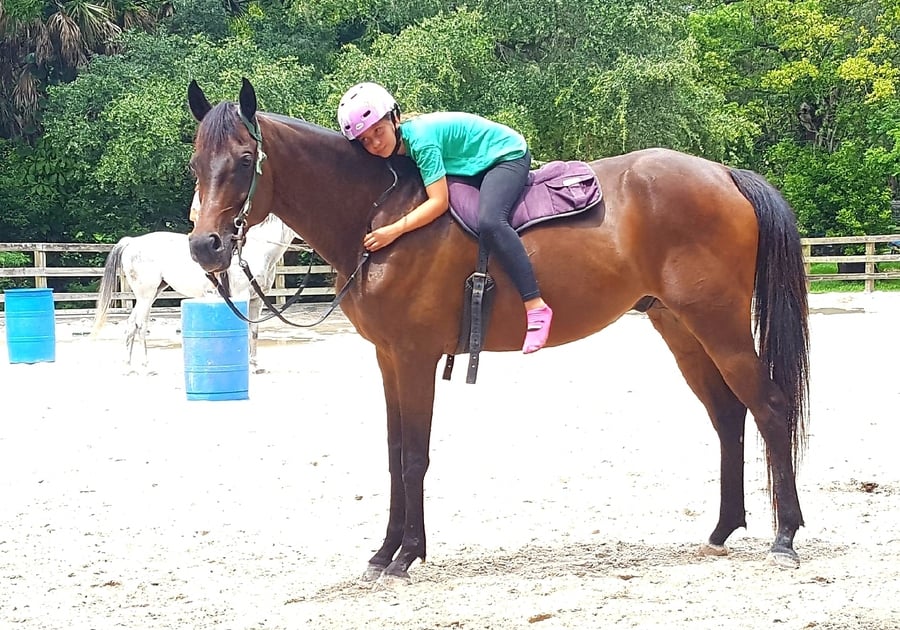The Science of Hippotherapy
Riding a horse is loads of fun, but did you know it also has therapeutic benefits? Derived from the Greek word "hippos," meaning “horse,” hippotherapy is a form of treatment that combines horseriding with physical therapy, occupational therapy, or speech and language therapy.
Hippotherapy was developed with the idea that a horse’s movement – especially the rhythm and repetition of its gait – can influence neuromuscular development in humans. Horseback riding triggers a series of complex mental and physical reactions, such as adjusting oneself to maintain proper alignment and balance. Physically, a rider's muscles and joints will receive deep pressure stimulation from bouncing and holding positions. Mentally, interacting with a horse outdoors can lift a rider's spirits, unlike a clinical indoor setting. It can provide valuable physical exercise and a powerful sense of achievement.
Hippocrates first mentioned the use of horses therapeutically in his ancient Greek writings around 400 B.C. In the 1960s, physical therapists in Europe began using horses to help patients with neuromuscular disorders such as cerebral palsy or brain injury. American and Canadian physical therapists trained in Europe brought their expertise back to North America in the 1980s and formed the American Hippotherapy Association (AHA) for those specialized in the field
Is hippotherapy right for your child?
If your child has a disability that requires occupational, physical, or speech/language therapy, hippotherapy is an option that can be integrated into his or her plan of care. Parents can ask therapists at their child's early intervention program or school whether their child is a good candidate.
There’s no such thing as a “licensed hippotherapist” in the United States; rather, a physical, occupational or speech/language therapist will incorporate hippotherapy into his or her clinical practice, often with the help of a therapeutic riding instructor who is trained to teach children with disabilities how to ride and groom a horse. Some health insurance plans will cover the cost of hippotherapy as a treatment tool via the therapist; otherwise, parents can pay out-of-pocket directly to a therapeutic riding instructor to supplement their child’s clinical care, exposing the child to the magic of the horse and the nurturing outdoor environment.
To find a therapist with advanced certification training in hippotherapy, visit the American Hippotherapy Association’s website – americanhippotherapyassociation.org. To find therapeutic riding instructors, visit Pathintl.org – the website for PATH International (Professional Association of Therapeutic Horsemanship).
For more information about hypnotherapy locally, please contact Celeste Miller at M&M Equestrian, North Miami, at (917) 847-6159 or at MMEquestrianprograms@gmail.com.
Did you like this article? Sign up for Macaroni Kid North East Miami and Miami Beach weekly e-newsletter to receive news, events and special offers.
You May Also Like: | ||
 |  |  |



